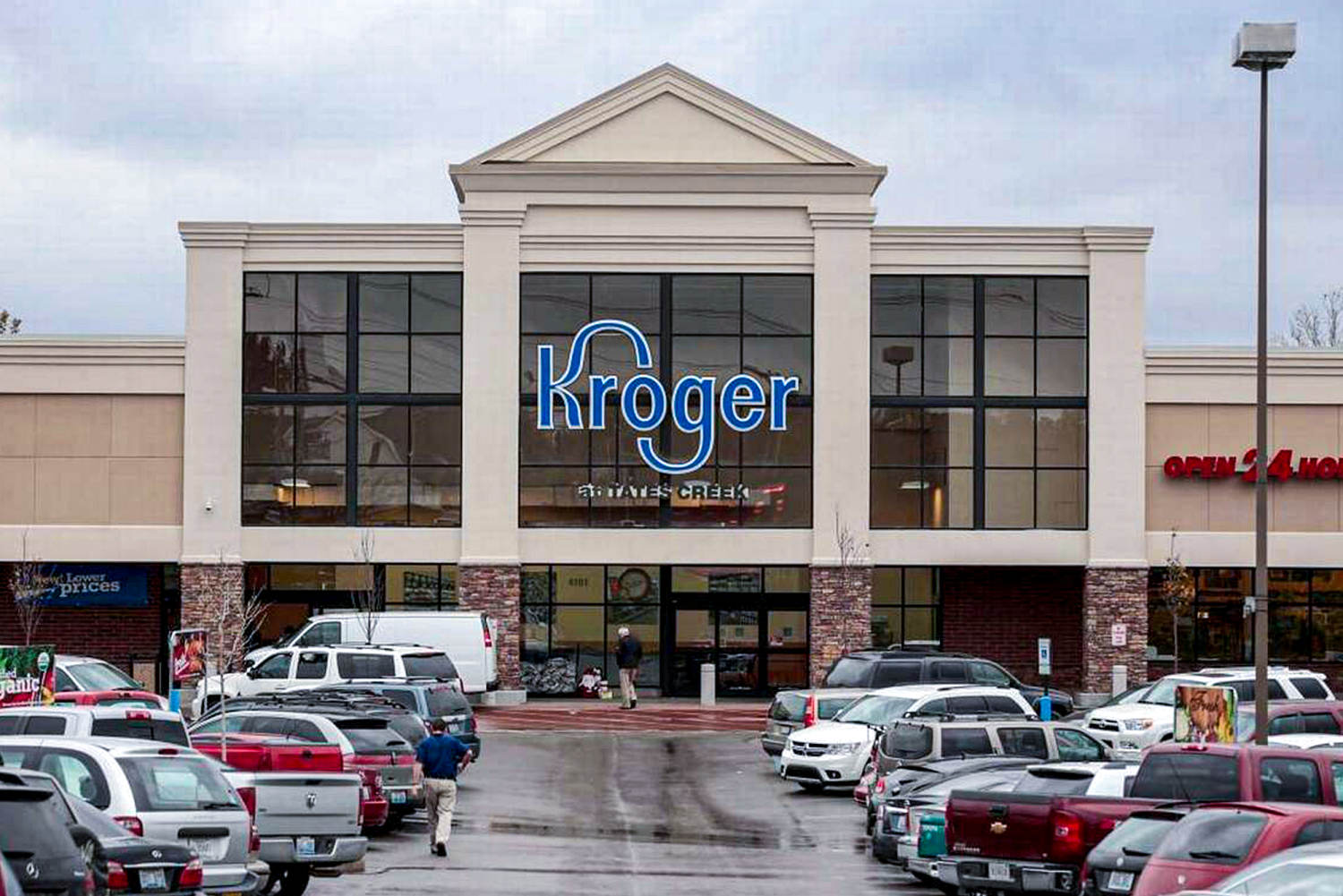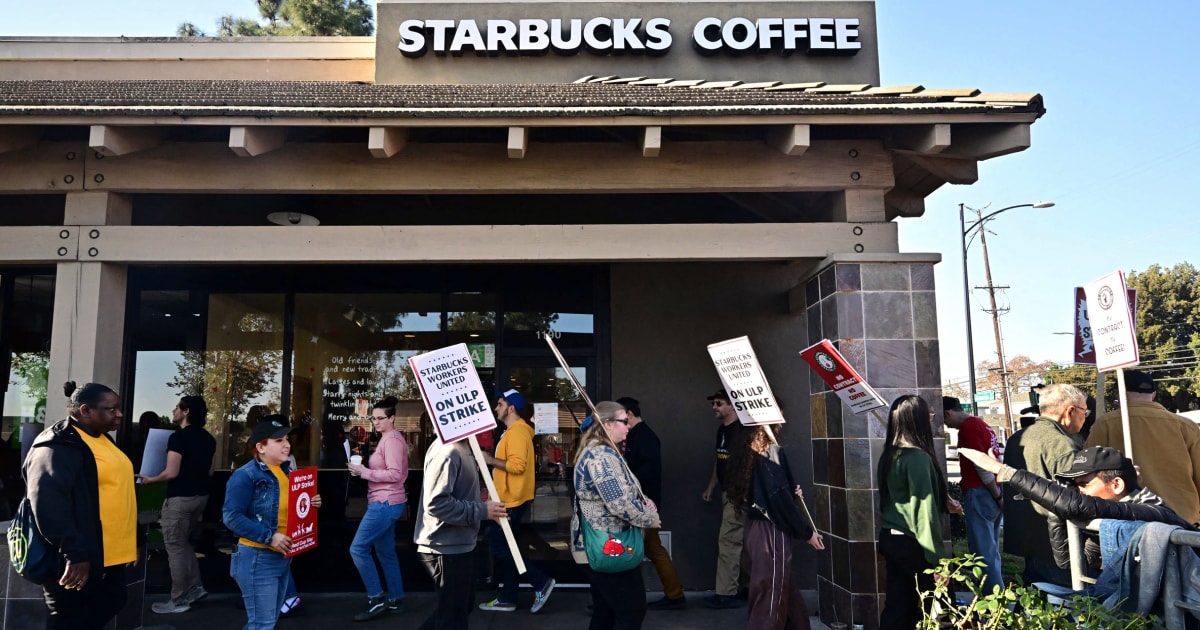
A U.S. District Judge in Oregon has blocked a $25 billion-bid by supermarket giant Kroger to take over rival Albertsons after ruling that the Federal Trade Commission’s concerns about the merger’s impact on market consolidation were valid.
Judge Adrienne Nelson said Tuesday afternoon that a merger between the two companies would end up harming consumers.
The two companies “engage in substantial head-to-head competition and the proposed merger would remove that competition,” Ferguson wrote. As a result, the proposed merger would likely to lead to outcomes that “unilaterally” harm consumers, and is thus “presumptively unlawful. “
Judge Ferguson also ruled the merger would be bad for workers, arguing increased consolidation would reduce workers’ bargaining power.
Albertson’s said in a statement that it is “disappointed by the U.S. District Court’s decision to grant the FTC’s request for a preliminary injunction.”
“We believe we clearly outlined during the proceedings how the proposed merger would expand competition, lower prices, increase associate wages, protect union jobs, and enhance customers’ shopping experience. We are carefully reviewing the Court’s opinion and are evaluating our options in accordance with the merger agreement,” the grocery chain said.
A spokesperson for Kroger also expressed disappointment in the ruling, and said the company “is currently reviewing its options.”
Kroger, based in Cincinnati, has said a court ruling like this one would effectively scuttle the merger.
The FTC applauded the decision, saying the agency “scored a major victory for the American people, successfully blocking Kroger’s acquisition of Albertsons.”
“This victory has a direct, tangible impact on the lives of millions of Americans who shop at Kroger or Albertsons-owned grocery stores for their everyday needs, whether that’s a Fry’s in Arizona, a Von’s in Southern California, or a Jewel-Osco in Illinois,” the FTC said in a statement.
Kroger shares closed up 5% Tuesday, while shares of Albertsons, based in Boise, finished 2% lower.
Kroger had argued the deal was necessary for it to continue to compete with big box retailers like Walmart and Target, as well as Amazon, that have significantly grown their grocery businesses.
But Nelson said that “supermarkets” still represent a distinct, niche market within the U.S. consumer landscape whose impacts from the proposed merger must be accounted for.
The ruling represents a victory for the Biden administration and especially FTC Chair Lina Khan, who has taken an unprecedentedly aggressive approach toward countering mergers likely to create monopolies.








